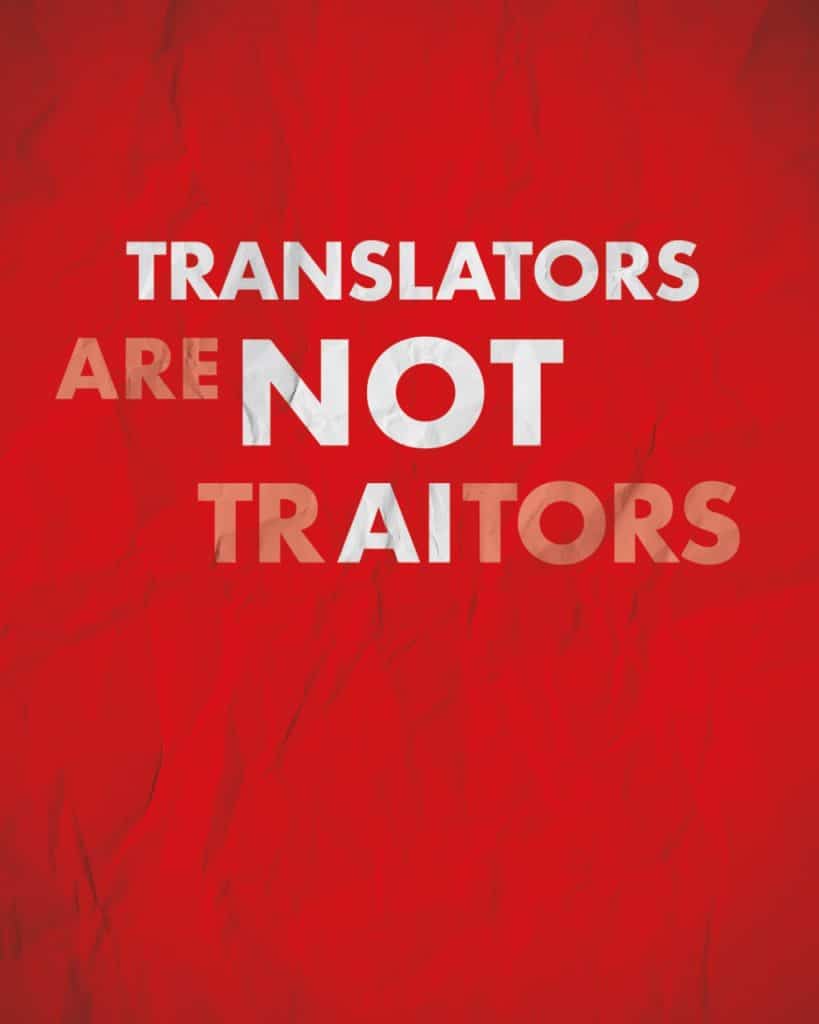Le 30 septembre dernier, journée internationale de la traduction, vous avez peut-être vu passer des appels de la profession à se mobiliser contre les modèles de langage dits IA pour tous les dangers qu’ils représentent en termes de biais, de diversité culturelle, de pérennité des professions littéraires et d’impacts environnementaux et sociaux.

Un premier exemple de clause interdisant, de la part des auteurs, tout recours à ces technologies en rapport avec leur travail, nous vient du monde anglophone. Je n’en propose pas de traduction parce que je préfère qu’un·e juriste s’y colle plutôt que risquer une version non bétonnée qui pourrait être reprise, cependant il me semble que nous devrions tous inclure ce genre de paragraphe dans nos contrats. Et vu combien cette clause est raisonnable, je trouve que cela ne devrait pas susciter de débat.
The Publisher may not use artificial intelligence in any manner in relation to this Work, including to reproduce, translate, narrate and/or produce art for the Work without the Proprietor’s express permission, nor does the Publisher have the right to sublicense others to use artificial intelligence in any manner to reproduce, translate, narrate, and/or produce art for the Work without the Proprietor’s express permission. Furthermore, the Publisher will not use cover or interior artwork generated by artificial intelligence. In addition, the Proprietor expressly prohibits the Publisher from using the Work in any manner for purposes of training artificial intelligence technologies to generate text, including without limitation, technologies that are capable of generating works in the same style or genre as the Work. The Proprietor reserves all rights to license uses of the Work for generative artificial intelligence training and development of machine learning language models. The Publisher will use best efforts to include a limitation in any sublicense of the Work prohibiting the use of the Work for training and developing generative artificial intelligence technologies.


